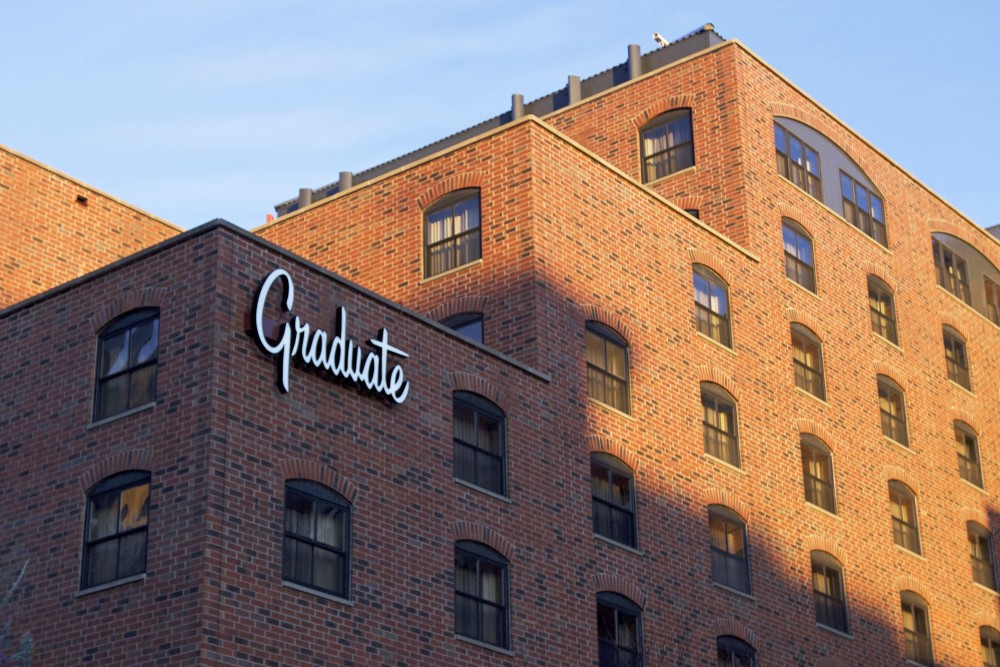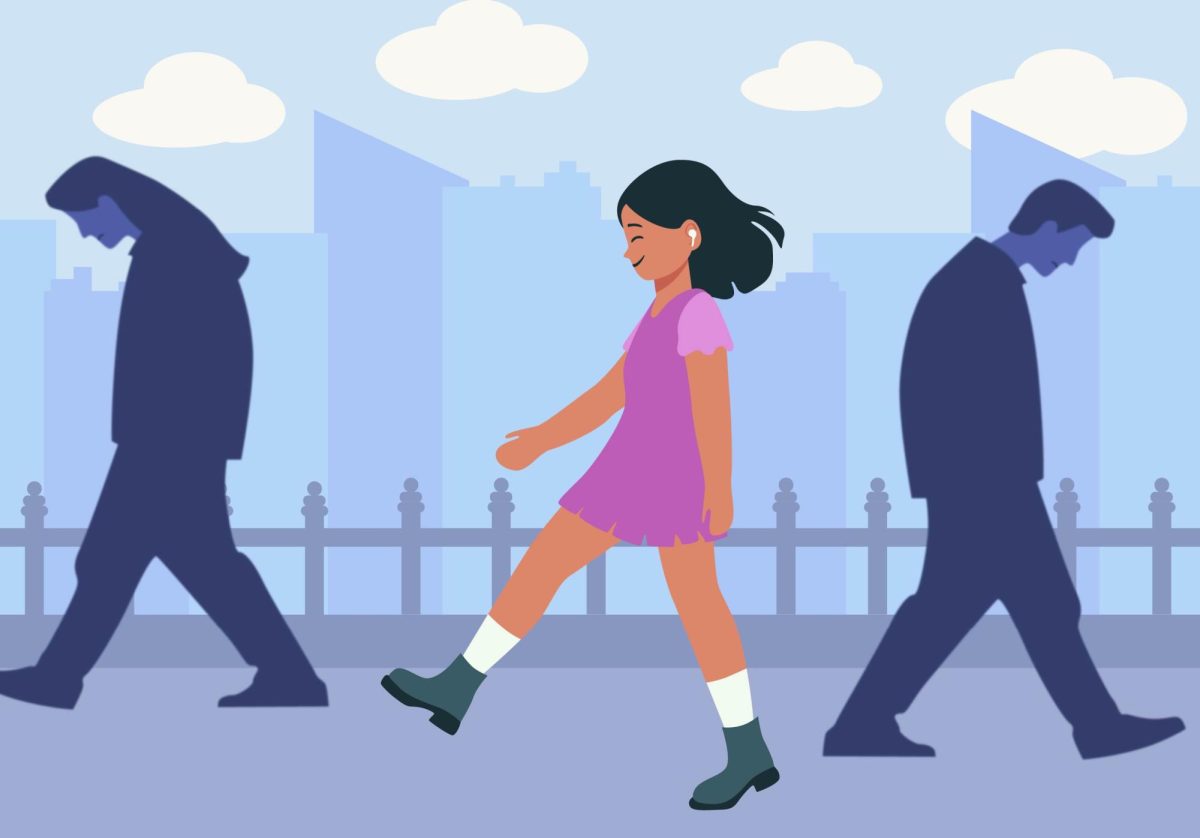Students, faculty, staff and parents received several emergency notices indicating a developing situation at the Graduate Hotel in Stadium Village Monday morning. The situation continued for the next 38 hours as police conducted negotiations with a man on the sixth story of the hotel. Throughout this process, the University of Minnesota remained open. Students hustled and bundled-up, walking from class to class and even in and out of the Starbucks and Applebee’s on the bottom floor of the hotel, just like any other day.
Despite classes functioning routinely and the situation being contained to the hotel, many called for the University to cancel classes, citing other circumstances for their frustrations as well. Some of these cries for action were based off misinformation and campus gossip, and were over-reactions to an admittedly unusual situation. However, cancelling classes is not a simple process and students’ calls for cancellations need to be more calculated and thoughtful.
The University policy for the cancellation of class ultimately falls to one powerful University official designated as the “Officer of the Day.” However, the decision is not always easy and the process is far from simple. The OOD is responsible for consulting with other top University officials, such as Executive Vice President and Provost Karen Hanson and other officials familiar with situations that may warrant a University shutdown. For the Graduate Hotel standoff, this means communicating with police leaders from several departments that were convened near the hotel, as well as University officials and many other faculty and staff. The information shared with the OOD from these officials, mainly the law enforcement officers, clearly indicated that the situation was under control and contained, and that minimal threat to the student body existed.
This incident comes during a busy month for the University and City of Minneapolis, as Super Bowl festivities rage and several snowstorms have hit campus. Cries for class cancellations rang out with several viral tweets complaining about lack of cancellations for snow and lack of transit options due to the Super Bowl. Regardless, it must remain known that we live in the Midwest and attend a Midwest school. Snow is something that we should expect and encounter every winter. If the University cancelled classes because mass transit is disrupted — it should be noted that the only time mass transit will shut down is the light rail on the Sunday of the Super Bowl — or every time a snowstorm hits campus, when would it stop? The University cannot issue cancellations every time life becomes inconvenient. Closing the University affects more than the students and professors. University Facilities Management, cleaning crews, cooks and other employees are affected by a closure, especially one caused by a police standoff. There is no need to stop work and school unless absolutely necessary.
Ultimately, cancellations of any kind have much deeper implications than a button being pressed and students getting a snow day. We are a University of young adults, and when disturbances happen, life must go on. If the current campus climate or conditions create a general feeling of uncertainty and insecurity, one can always choose to not attend class or to speak with the professor at a later date. The professor should understand. We should trust our University officials, law enforcement officers, emergency services workers and faculty to keep us safe to the best of their abilities.








